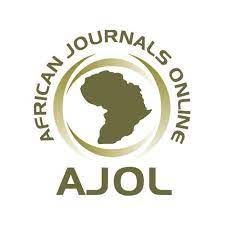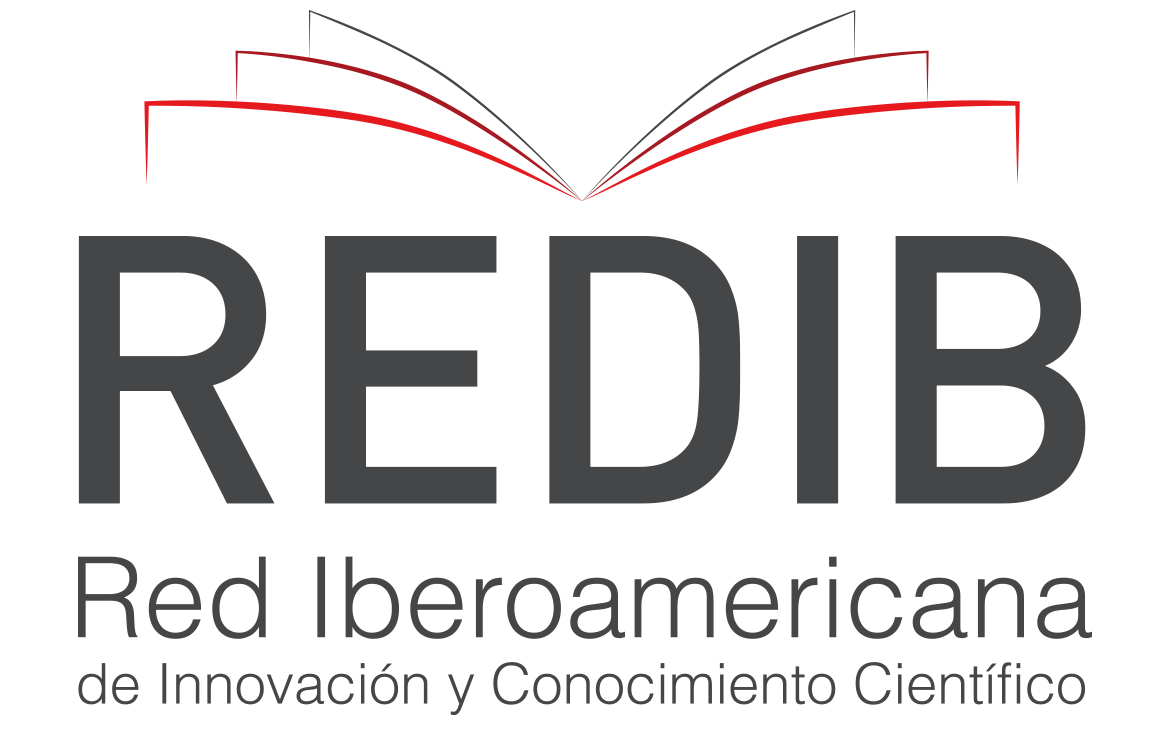Some mathematical processes used in ancient Egyptian civilization
DOI:
https://doi.org/10.54580/R0302.12Keywords:
Decimal Expressions, Unit Fractions, Ancient Egyptian MathematicsAbstract
The objective of this document is to analyze some mathematical procedures used in ancient Egyptian civilization. It directs its interest towards the form of addition used as the fundamental basis for the calculation of various operations, and towards the form of determining the decimal expression corresponding to a given fraction. In this sense, pay attention to the use of addition as a fundamental accessory operation for the calculation of multiplications and divisions. Likewise, it shows some procedures used to determine the decimal expression corresponding to a given fraction, aided by obtaining unit fractions. All this was specified through a documentary research supported by a content analysis of a series of theoretical-referential and procedural aspects necessary to justify and illustrate the process of obtaining results requested by the problem statements that call for the use of unit fractions and fractions. to the calculation of results of multiplications and divisions. Among the findings, it stands out that the Mathematics of ancient Egypt was basically additive and was based on the decomposition of any natural number as the sum of positive multiples of 2, pointing its procedures to the fact of multiplying or dividing by 2. Likewise, the possibility of obtaining decimal expressions built with unit fraction formats whose numerators are always equal to 1 and their denominators are natural greater than 1. It is concluded that these and other contents such as the Decimal Numbering System have constituted relevant contributions to the current mathematical foundations.
Downloads
References
Alias Linares, L. J. (febrero, 2017). El sistema de numeración indo-arábigo. Columna de la Academia, Diario La Verdad. https://www.um.es/acc/el-sistema-de-numeracion-indo-arabigo/
Berciano, A, (s.f.). Matemáticas en el antiguo Egipto. http://www.ehu.eus/ aba/div/paseo-06-07.pdf
Cáceres, P. (2003). Análisis cualitativo de contenido: una alternativa metodológica alcanzable. Psicoperspectivas, 2, 53-82-
Cespedes, G., y Martínez-Padrón, O. J. (2012). La MatemáGica va a la escuela. Curiosidades matemáticas con un enfoque didáctico. Venezuela: Fondo Editorial Universidad Pedagógica Experimental Libertador.
Fernández, J. (2015). La historia del cero. El descubrimiento del cero y su origen. SOYMATEMÁTICAS.com. https://soymatematicas.com/la-historia-del-cero/
Hernández Sampieri, R., Fernández Collazo, C., & Baptista Lúcio, P. (2010). Metodología de la investigación. México: Mc Graw Hill Education
Magaña, L. (1990). Las matemáticas y los mayas. Ciencias, 19, 19-26. http://vinculacion.dgire.unam.mx/vinculacion-1/sitio_LCDC/PDF-LCDC/REVISTA-DE-CIENCIAS-MATEMATICAS/Doc24.pdf
Miguel, A. M. (s.f.). El ocaso de las Matemáticas helénicas. Las Matemáticas en Roma. (150 a.C. – 150 d.C.). http://matematicas.uclm.es/ita-cr/web_matematicas/ trabajos/3/3_ocaso_matematica_helena.pdf
Pierce, C. S. (1902). The Essence of Mathematics, cap. 3, Minute Logic, 228-243. En Newman, J. (1974). La forma del pensamiento matemático, Antología y notas, La esencia de la Matemática (Trad. M. Sacristán), pp. 30-46. Barcelona: Grijalbo. https://www.unav.es/gep/EssenceMathematics.html
Reimer, D. (2014). Count like an egyptian. Oxford: Princeton University Press.
Ruiz, A, (2002). Historia y filosofía de las Matemáticas. San José de Costa Rica: UNED Press.
Sánchez, A. (2014). Aprender las matemáticas egipcias, Amigos de la egiptología. www.egiptología.com
Vega, L. (1991). Introducción general. En M. Puertas (Trad.). Elementos de Euclides. Libros I-IV. pp. 8-184. España: Editorial Gredos.
Downloads
Published
Issue
Section
License

This work is licensed under a Creative Commons Attribution-NonCommercial-ShareAlike 4.0 International License.



























